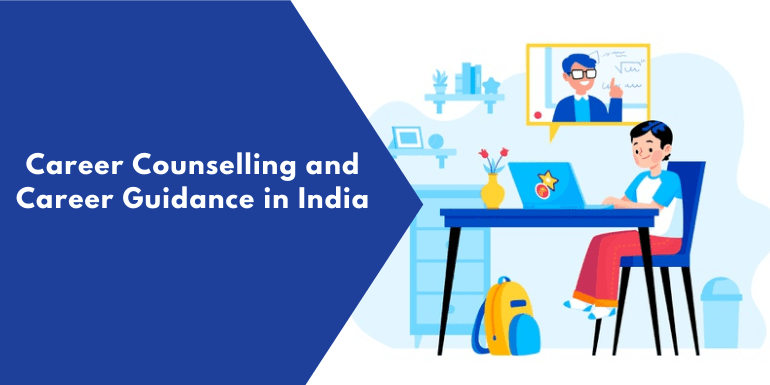
Table of Contents
ToggleCareer Guidance: A Step Towards a Bright Future
In the past, career choices were limited to a few professions such as teaching, medicine, or government jobs. But in today’s world, opportunities are endless. From digital marketing to data science, from entrepreneurship to creative industries, the list keeps expanding. Without proper career guidance, it becomes easy to feel lost.
Career guidance helps you:
Understand your interests and strengths.
Explore suitable career options.
Avoid wrong choices and wasted years.
Stay updated with the latest trends in education and employment.
Build a roadmap for long-term success.
Exploring Career Options
After self-analysis, the next step is to explore different career opportunities. Many students only know about traditional careers, but the modern job market offers much more. Some trending fields include:
Technology Careers: Artificial intelligence, data science, software development, cybersecurity.
Business & Management: Digital marketing, finance, human resource management, entrepreneurship.
Creative Careers: Graphic design, film-making, photography, content creation, fashion designing.
Healthcare Careers: Medicine, nursing, physiotherapy, medical research, biotechnology.
Skilled Trades: Electricians, plumbers, mechanics, chefs, which are always in demand.
Exploring multiple industries allows students to find opportunities that align with their skills and long-term goals.
Role of Education and Skills
Education is the foundation of every career, but skills are equally important. In today’s competitive world, companies look for candidates who have both knowledge and practical abilities. For example, a degree in computer science is valuable, but additional skills in programming languages, problem-solving, and teamwork make a candidate stand out.
Students should also focus on developing soft skills such as communication, leadership, and adaptability. With technology changing rapidly, continuous learning and upgrading skills are necessary for long-term career success.
Dealing with Career Challenges
Mentors, teachers, and career counselors can provide valuable guidance. They have experience in the field and can give honest advice about career paths, job market demand, and growth opportunities. Many successful professionals credit their mentors for helping them choose the right direction. Students should not hesitate to seek advice from career counselors, attend workshops, or connect with professionals on platforms like LinkedIn.
Building a Career Plan
Once you know your strengths and select a career option, the next step is planning. A career plan includes:
Setting goals – Decide where you want to be in 5 or 10 years.
Education roadmap – Choose the right courses, degrees, or certifications.
Skill development – Focus on both technical and soft skills.
Practical exposure – Take internships, part-time jobs, or volunteer work.
Networking – Build professional connections for future opportunities.
A clear career plan acts like a map that guides you toward your destination step by step.
Final Thoughts
Career guidance is not just about getting a job; it’s about building a fulfilling future. With the right guidance, self-awareness, and planning, anyone can find a career that matches their abilities and interests. Remember, success does not come overnight. It requires patience, hard work, and constant learning.
If you are a student or young professional feeling confused, take time to understand yourself, explore career options, and seek help from mentors. The right career choice can change your life and give you both happiness and financial security.